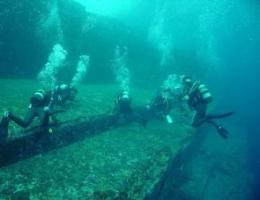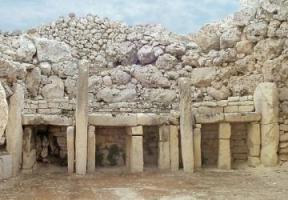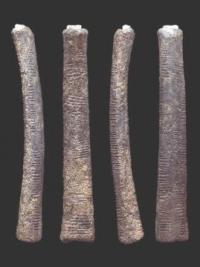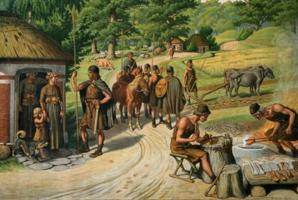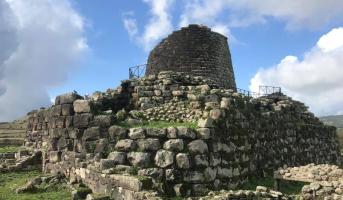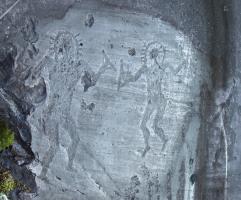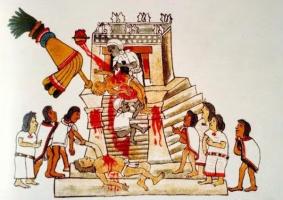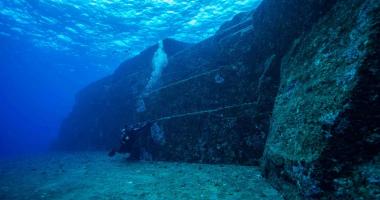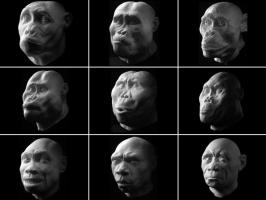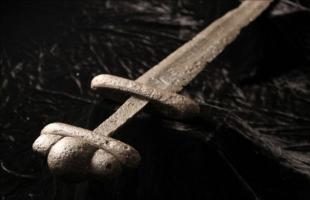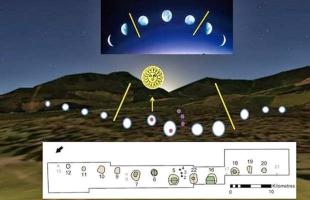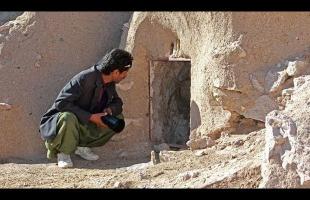Introduction to antediluvian civilizations

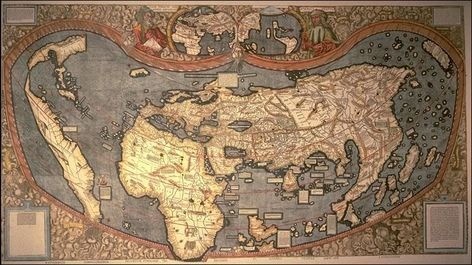
The conception of human history usually handed down to us from the time of elementary education is that of continuous evolution and perpetual, unstoppable human progress that has been going on for millions of years now. However, despite the fact that archaeological world and historical critics persist in consolidating this concept of historical evolution, other groups of independent researchers and scientists hold the idea that thousands of years deviated history from the common historicist conception and proposed an alternative to the former.
In my opinion man's civilization has experienced periods of birth, growth, until reaching an apogee and then declining again and disappearing almost completely. I mean that man from the very beginning of his journey has formed different civilizations that followed one another reaching different degrees of culture and art only to perish, though not completely, leaving new fertile ground from which to start again for the men who would come later. In the conception I propose there is still a timeline, which, however, is made up of many semicircles joined together at one point. It is up to the reader to decide whether this line is a straight line or a simple line that will rejoin with the initial extreme forming a circle.
Orthodoxically speaking, modern humans have existed for about 100,000 years, so theoretically, assuming that it takes about 10,000 years to produce a technological civilization such as ours, they would have been able to create about 10 technological civilizations in this time frame. Moreover, assuming, as the authors of "Forbidden Archaeology" M. Cremo & R. L. Thompson do, that anatomically modern human beings even existed at times when according to official science only ape-men would have existed, many more technological civilizations might have arisen than has been calculated before.
However, not wishing to argue here that there must necessarily have been technological civilizations every 10,000 years, I just wanted to make the point that it seems quite unlikely that man has emerged from his primitive slumber only in the last 10,000 years and that no man in a period of at least 100,000 years has had that spark that allows the birth of a civilization. Moreover, not only would evidence be found for the very remote existence of anatomically modern humans, which, lest the official theory of human evolution be radically reformulated, orthodox scientists would dismiss as insignificant and insubstantial, but even ancient world mythology teems with references to ancient "lost worlds" and past civilizations.
It is precisely through the study of myth that I intend to investigate the world of "prehistory," that is, trying hard to extract truth from the mythical tale by bringing it back as a historical narrative.
In fact, in my opinion, it is a mistake to claim, as many say, that history begins when writing begins mainly for two reasons:
- the Greek origin of the term "history," "historia," which means mainly inquiry, investigation, research or telling, exposition, does not specify whether history should begin with the advent of writing or not; moreover, the historical works of Herodotus and Diodorus Siculus, rightly, in the absence of other data, insert myths to try to complete the picture of events
- it is useless to claim that only the last 5,000 years of history can be considered historical, relegating thousands of years of facts and events to the obscurity of the name "prehistory." There are many myths, in the absence of other written data, that recall very distant events and would have to be interpreted to try to reconstruct at least broadly "prehistoric" history.
Titus Livy in the Praefatio to his monumental work Ab urbe condita libri (commonly known as the History of Rome) gives us a piece of advice that seems to me the best with respect to whether or not to use ancient myths to clarify past events:
Traditional tales referring to the times before the founding or future founding of Urbe, conforming more to poetic fables than to rigorous historical documentation, I neither intend to confirm nor refute them.
That is: in the uncertainty of facts, myths can neither be refuted nor confirmed. In conclusion, therefore, I see no reason why in the uncertainty that reigns in the name "prehistory" one cannot try to use myth to reconstruct history in periods without written records.
Probably thousands of years ago, and perhaps millions, as said before, there existed on earth more or less developed humans who coexisted allowing today to find in the same geological strata traces of artifacts built by modern humans or humanoids still evolving. That is: there was evolution but it was not for all future contemporary humans.
Before concluding, let us try to clarify the term "antediluvian civilization." The time period encompassing the end of the last glaciation (which I believe to be the Flood) and the destruction of Atlantis ( 11th-10th millennium B.C.) is one of the crucial nodes in human history. The civilizations that arose before the Flood (end of the last ice age) I call antediluvian and the civilizations that arose after (including ours) postdiluvian.
And now we leave to a new branch of archaeology, atlantology (in memory of the most famous antediluvian civilization, Atlantis), the task of exploring all that official archaeology has never explored of both antediluvian and postdiluvian civilizations in order to bring into history what has always been considered pure legend.









